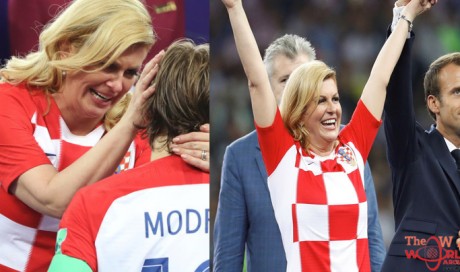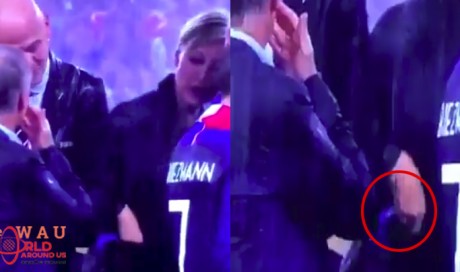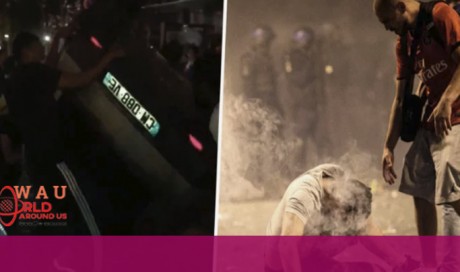Fears about the treatment of animals ahead of the World Cup have been fuelled by activists’ experience of the 2014 Olympics in Sochi when they say homeless dogs were exterminated in a coordinated campaign.
The fate of Sochi’s strays became an international scandal before the tournament as photographs appeared of dogs dying in the streets and activists desperately tried to evacuate them from the city. In protest, some Olympic athletes adopted Sochi dogs and took them back to their respective countries and, in one case, dedicated an Instagram account to them.
There are fears that what happened in Sochi could be repeated in all Russia’s World Cup cities, as well as in Sochi itself, which is hosting World Cup matches including those of footballing giants Germany and Spain. “We are scared there will be a repeat of what happened before the Olympics when, over a week, there were mass poisonings and shootings,” said Ksenia, a Sochi-based animal rights activist.

Documents on the state procurement website show that Basya Service, the company that carried out the culls before the Sochi Olympics, has won four contracts to catch 3,501 stray dogs and cats in 2018. Angry officials in a village in the nearby Tuapse district pledged to tear up a similar agreement with the company earlier this year after the remains of dead dogs were found by the side of the road.
The mayor of Sochi, Anatoly Pakhomov, has denied the city has authorised the killing of stray animals and says there are no plans to do so before the World Cup. Basya Service also denies that it uses inhumane methods.
But Sochi activists are calling on their local networks to watch out for those targeting stray dogs and to film, obstruct or call the police about any animal cruelty.
The situation is less volatile in other World Cup host cities. In the western city of Kaliningrad and the Volga city of Nizhny Novgorod – both due to host the English team during the group stages – local activists say authorities use a “Trap, Neuter, Return” policy . In Moscow, killings are rare.
In Kaliningrad, Ublinskaya said clearing dogs from the streets during the World Cup was actually in the animals’ best interests. “During such events, there are a lot of people – not always sober – and it is best to have animals as far away as possible.”
But activists point out that euthanasia programmes allow much greater scope for corruption: while it is relatively simple to check whether a stray dog has been sterilised and tagged, it is almost impossible to tell if dogs have been killed and whether corners have been cut.
“It’s a catastrophe,” says activist Dmitriyeva. “How do they choose who lives and who dies?”
Share This Post














